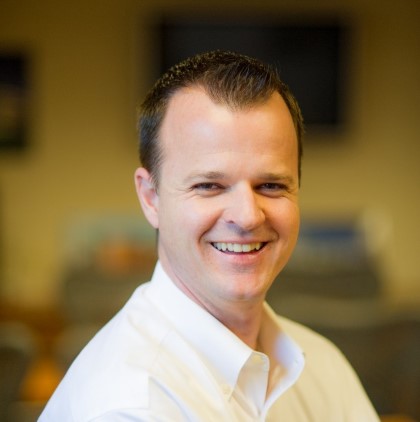 |
ACCT-360.01: Volunteer Income Tax Assistance – Greg Lackey
Topics in Federal and California income tax regulations for filing basic income tax returns. Introduction to issues of providing volunteer service. Experiential learning is required through a community service component. This course is not eligible to count toward a minor in accounting.
|
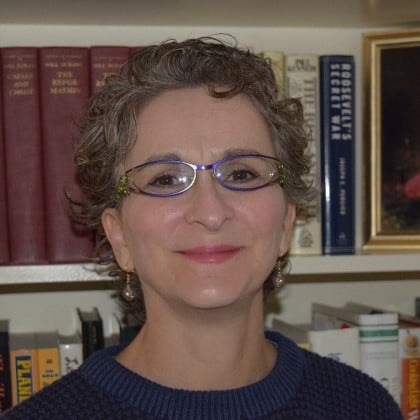 |
BUS-310: Principles of Management, Organizational Behavior – Dr. Mara Winick
Dynamics of individual and group behavior are explored, in addition to selected topics of entrepreneurship, technology, and strategic planning. Student are asked to view the internal workings of organizations.
|
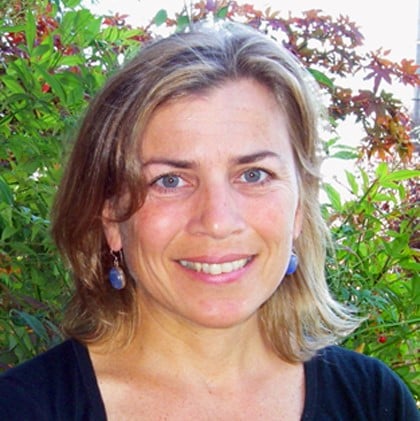 |
CDIS-260.01: TRVL: Service Learning Latina America – Dr. Barbara Conboy
Experiential learning, self-reflection, reading, writing, and discussion are used to foster an understanding of cross-cultural differences in educational approaches and the broad impact of language-learning differences (e.g., bilingualism, language disorders) on children's educational outcomes. Students work with children in community-based educational programs. Open to non-majors. Previous coursework in Spanish is recommended.
|
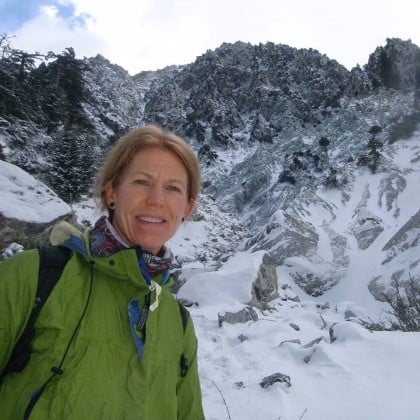 |
CHEM-360.01: Environment Chem Field Experience – Dr. Rebecca Lyons
Environmental Chemistry Field Experience and Modeling takes place at the Sierra Nevada Aquatic Research Laboratory (SNARL). This course deepens understanding of natural systems, including chemical analysis of lakes, soils, and atmosphere; there is a GIS and mapping component. The final project consists of a comprehensive model of the study site.
|
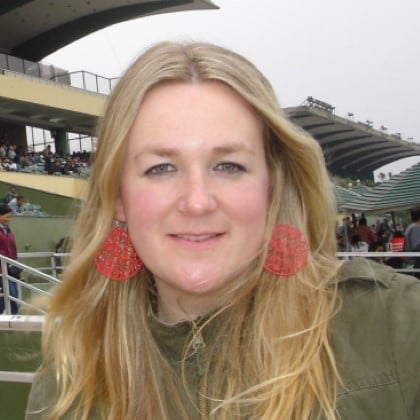 |
EVST-250.01: Environmental Design Studio I – Dr. Hillary Jenkins
Students work collaboratively in teams on environmental problem-solving projects. Many studios make use of GIS and other spatial analysis tools. Research concepts and tools become more complex in advanced levels of this sequence.
|
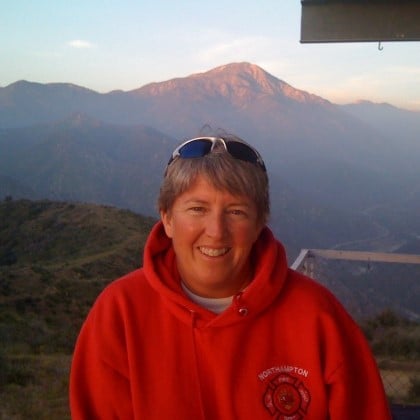 |
EVST-325.01: Public Lands Management – Dr. Wendy McIntyre
Overview of the origins and history of public lands in the U.S. (National Parks, National Forests, Bureau of Land Management lands, and others). Exploration of policies governing public lands and historic and current management practices. Controversial issues on public lands will be examined and debated as will compromises and solutions.
|
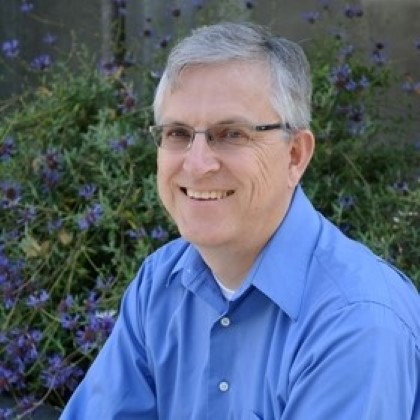 |
EVST -350: Environmental Design Studio II – Dr. Daniel Klooster
Students work collaboratively in teams on environmental problem-solving projects. Many students make use of GIS and other spatial analysis tools. Research concepts and tools become more complex in advanced levels of this sequence.
|
 |
FS34 Sowing the Seeds of Community Resilience: Engaging in Civic Ecological Practices (Civic Ecology): Shellie Zias-Roe
Civic Ecology is the study of community-driven environmental stewardship practices, their outcomes for individuals, communities and ecosystems, and their interaction with the governance, institutions and social-ecological systems in which they take place. Civic ecology practices—such as community gardening, wetlands restoration, and tree planting—are just a few examples of ways for people to express resilience within communities. This course is designed to include participation in a civic ecology service-learning project.
|
| |
LBST 201.01: Studies in Education - Amber Kaura
Specific content varies offering to offering. An introduction to research, educational philosophy and practice as it relates to specific subject matter areas. This course allows students the opportunity to relate their own educational experiences and knowledge of disciplinary subject matter to their developing philosophy of education. Community service component included.
|
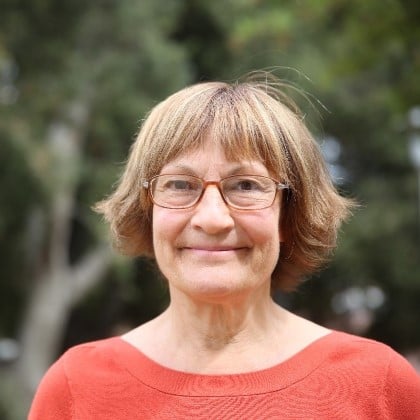 |
PHIL-121.01: Animal Ethics and Service – Dr. Kathie Jenni
An introduction to animal ethics incorporating philosophical readings, films, discussions, writing reflections, and hands-on experience volunteering for a variety of animal organizations. Occasional weekend field-trips to animal rescues.
|
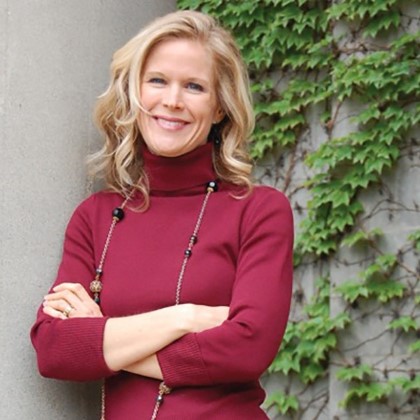 |
POLI-354.01: Immigration Politics and Policy – Dr. Renee Van Vechten
Explores the concept of citizenship and how it relates to immigration policies, human rights, public benefits, legal privileges and civic duties; borders and security; statelessness and exclusion; and, how wars, terrorism, globalization, climate change, and other phenomena affect immigration flows amd policies in the U.S. and globally.
|
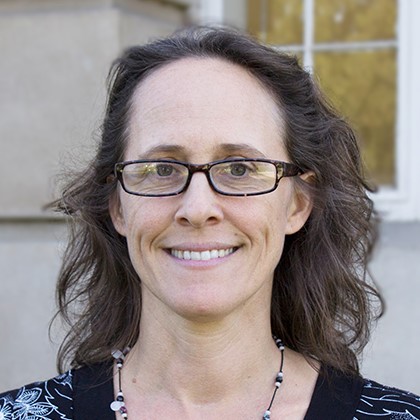 |
REST-325.01 : Juvenile Justice: Coming of Age – Dr. Jennifer Tilton
This course uses the juvenile justice system as a lens through which we can understand how race, class and gender shape coming of Age in America. Students will learn about the juvenile justice system from the inside out in a shared classroom with young men who are incarcerated in San Bernardino.
REST-325: Race and Criminal Justice Policy – Dr. Jennifer Tilton
This class will examine how race and gender affect our criminal justice policies at different points in policy-making and implementation, including arrest, trial, sentencing as well as the broad effects our criminal justice policies have on our communities, families and ideas of race and citizenship.
|
| |
SALZ-240.01: Austria in Europe – Dr. Katie Baber
History, Identity, Remembrance. This course is designed to introduce students to the history, culture, and economics of Austria and its place in Europe from early settlement to the present day. We will study Austria’s role in the Roman Empire Austria-Hungary, World Wars I and II, the Soviet Empire and Austria’s eventual membership in the European Union. Extensive travel around Austria, Europe, and the Balkans complements in-class work. Service outreach at local non-profits are included.
|











